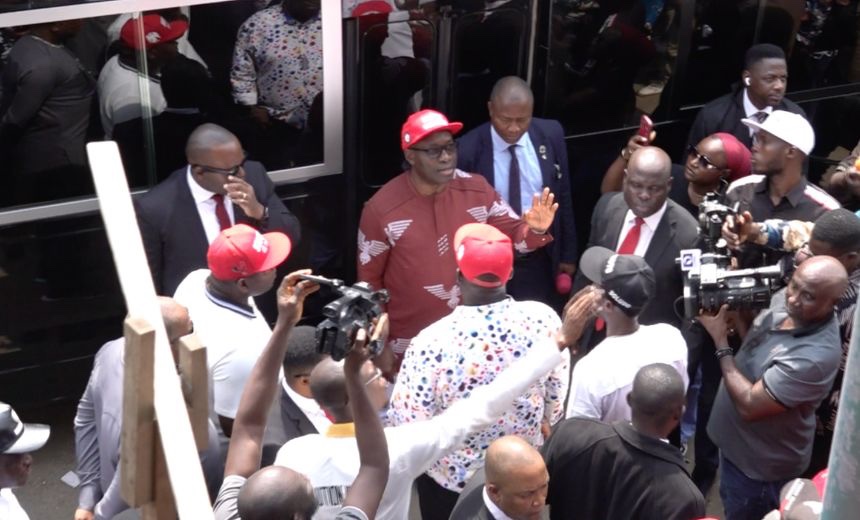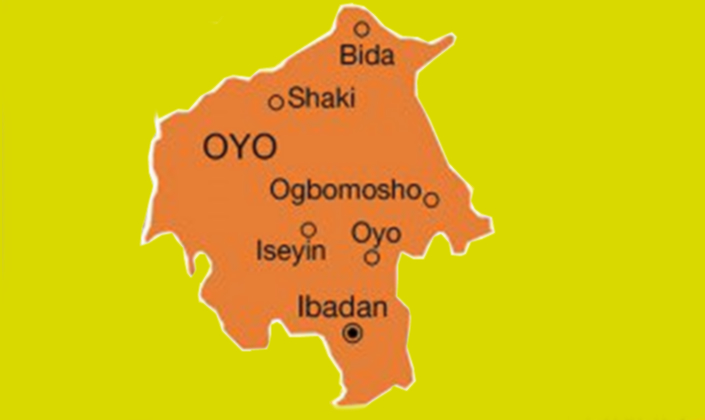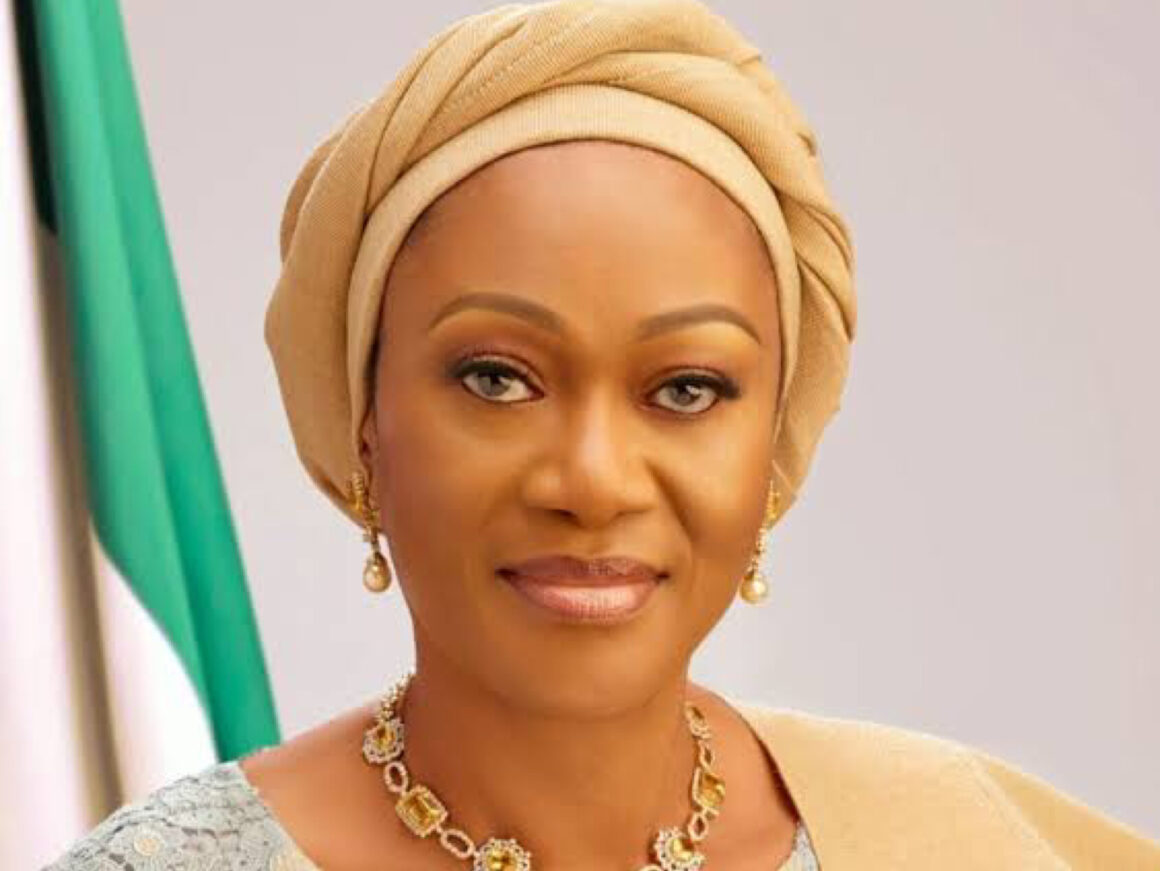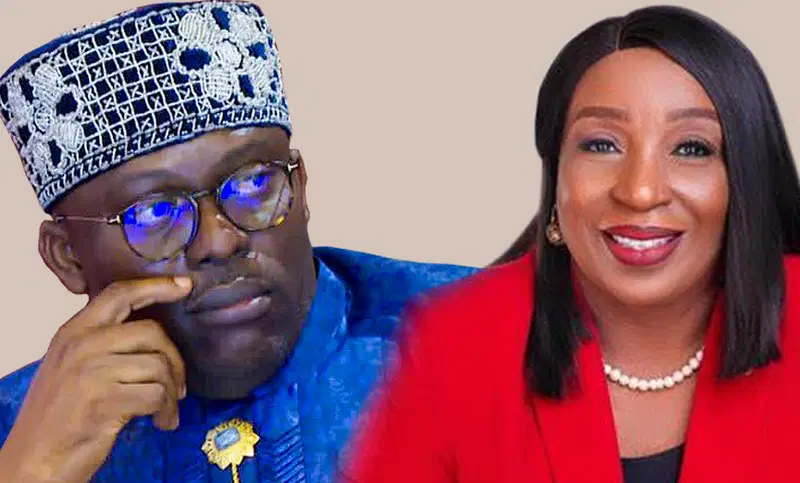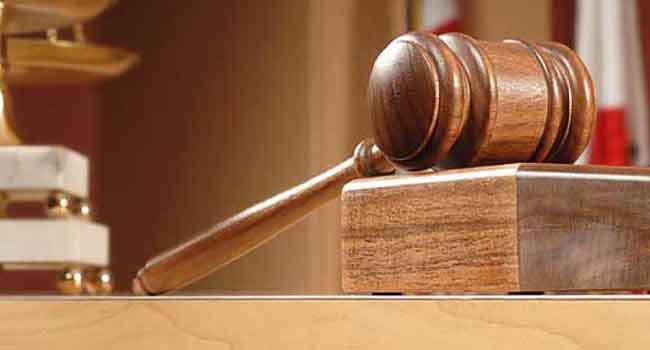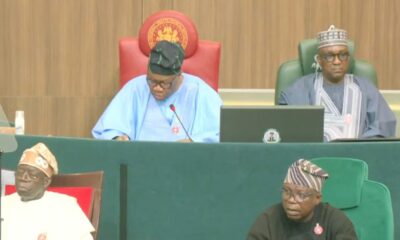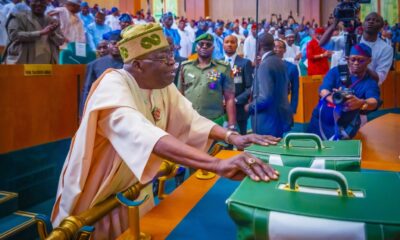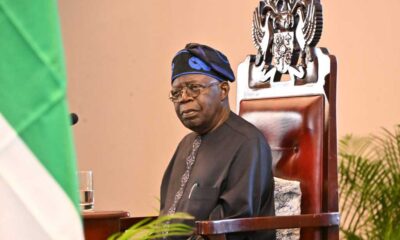National News
NASS proposes November 2026 for Presidential, Governorship Elections

The National Assembly has proposed that Nigeria’s presidential and governorship elections for the 2027 general polls be held in November 2026 instead of the usual February or March date.
The proposal forms part of the draft amendments to the 2022 Electoral Act, which mandates that elections for both offices be conducted no later than 185 days before the expiration of the incumbents’ tenure on May 29.
The amendment was presented on Monday during a one-day public hearing organised by the Joint Committee of the Senate and House of Representatives on Electoral Matters. Several stakeholders at the event also pushed for the inclusion of electronic voting and transmission of results to strengthen transparency in the electoral process.
According to Section 4(7) of the proposed amendment, “elections into the office of the president and governor of a state shall be held not later than 185 days before the expiration of the term of office of the last holder of the office.” This calculation places the polls in November 2026.
For legislative elections, Section 4(5) provides that polls into the State Houses of Assembly and the National Assembly must also hold not later than 185 days before their dissolution dates.
The joint committee noted that proposed changes to sections 76, 116, 132, and 178 of the constitution would transfer the power to determine election timelines from the constitution to the Electoral Act.
Chairman of the House Committee on Electoral Matters, Adebayo Balogun, said the amendment seeks to ensure that all election litigations are concluded before the swearing-in of winners.
“To ensure that all manner of election litigation is dispensed with before the swearing-in of winners, we are proposing an amendment that will reduce 180 days of tribunal judgment to 90 days,” Balogun stated. “Ninety days are expected for judgment by the appellate court, and up to 60 days by the Supreme Court, all within 185 days.”
Balogun added that sections 285 and 139 of the 1999 Constitution would also be amended to align with the new timeline.
The draft amendment also introduces early voting, allowing security personnel, journalists, election observers, and INEC ad-hoc staff to vote up to 14 days before the main election.
In addition, the bill makes electronic transmission of results mandatory, while the use of Permanent Voter Cards (PVCs) would no longer be compulsory.
Section 60(5) provides that “the presiding officer shall transmit the results, including the total number of accredited voters, to the next level of collation both electronically and manually,” with penalties for failure to comply.
The amendment also criminalises the distribution of unstamped ballot papers or result sheets, prescribing a one-year jail term, a ₦1 million fine, or both, for offenders.
All stakeholders present at the hearing, including Abdullahi Zuru, who represented the Independent National Electoral Commission (INEC), expressed support for the proposed changes.
-

 News4 hours ago
News4 hours agoOpposition Reps raise alarm over alleged non-implementation of 2025 budget
-

 Business4 hours ago
Business4 hours agoCurrency outside Banks rises 10.2% as money supply expands
-

 World News4 hours ago
World News4 hours agoNigeria’s exports to Africa hits N4.82trn
-

 National News4 hours ago
National News4 hours agoClean Energy key to survival, healthy living — Remi Tinubu
-
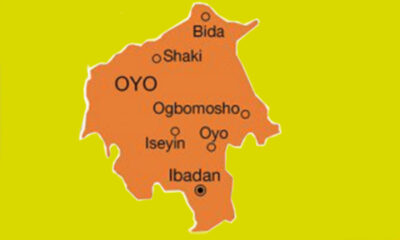
 Metro4 hours ago
Metro4 hours agoPolice Inspector killed as officers rescue kidnap victim in Oyo
-

 News24 minutes ago
News24 minutes agoBREAKING: Soludo orders closure of Onitsha Main Market over sit-at-home defiance

